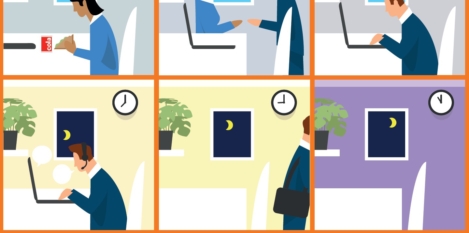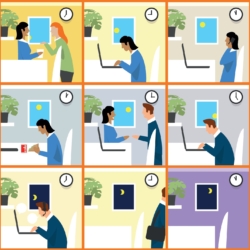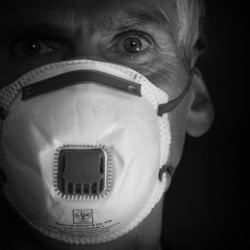To provide the best experiences, we use technologies like cookies to store and/or access device information. Consenting to these technologies will allow us to process data such as browsing behaviour or unique IDs on this site. Not consenting or withdrawing consent, may adversely affect certain features and functions.
The technical storage or access is strictly necessary for the legitimate purpose of enabling the use of a specific service explicitly requested by the subscriber or user, or for the sole purpose of carrying out the transmission of a communication over an electronic communications network.
The technical storage or access is necessary for the legitimate purpose of storing preferences that are not requested by the subscriber or user.
The technical storage or access that is used exclusively for statistical purposes.
The technical storage or access that is used exclusively for anonymous statistical purposes. Without a subpoena, voluntary compliance on the part of your Internet Service Provider, or additional records from a third party, information stored or retrieved for this purpose alone cannot usually be used to identify you.
The technical storage or access is required to create user profiles to send advertising, or to track the user on a website or across several websites for similar marketing purposes.
 New analysis of official data released to the Institute for Employment Studies (IES) claims that between May and July 2020, employers notified government of nearly 380,000 potential redundancies. This is more than double the peak reached in the Great Recession, when 180,000 staff were notified as being at risk between January and March 2009. (more…)
New analysis of official data released to the Institute for Employment Studies (IES) claims that between May and July 2020, employers notified government of nearly 380,000 potential redundancies. This is more than double the peak reached in the Great Recession, when 180,000 staff were notified as being at risk between January and March 2009. (more…)






 The number of self-employed people saying they have “poor” or “very poor” mental health has increased from 6 percent to 26 percent since the beginning of the pandemic (a 300 percent rise), claims new research by
The number of self-employed people saying they have “poor” or “very poor” mental health has increased from 6 percent to 26 percent since the beginning of the pandemic (a 300 percent rise), claims new research by 


 Research by employee benefits provider
Research by employee benefits provider 
 Seniority in the workplace could be directly correlated to how often you listen to music whilst you work, claims a poll of 1,000 UK office workers. The research, which was carried out by London office developer
Seniority in the workplace could be directly correlated to how often you listen to music whilst you work, claims a poll of 1,000 UK office workers. The research, which was carried out by London office developer 


 Insurance provider
Insurance provider 


 What impact is COVID-19 having on business confidence? And what recovery strategies are companies prioritising in response to the pandemic? Recruitment company
What impact is COVID-19 having on business confidence? And what recovery strategies are companies prioritising in response to the pandemic? Recruitment company 
 Supported by its Green Building Councils and their members, the
Supported by its Green Building Councils and their members, the 









September 15, 2020
We are still overlooking the importance of air quality
by John Swift • Comment, Wellbeing, Workplace design